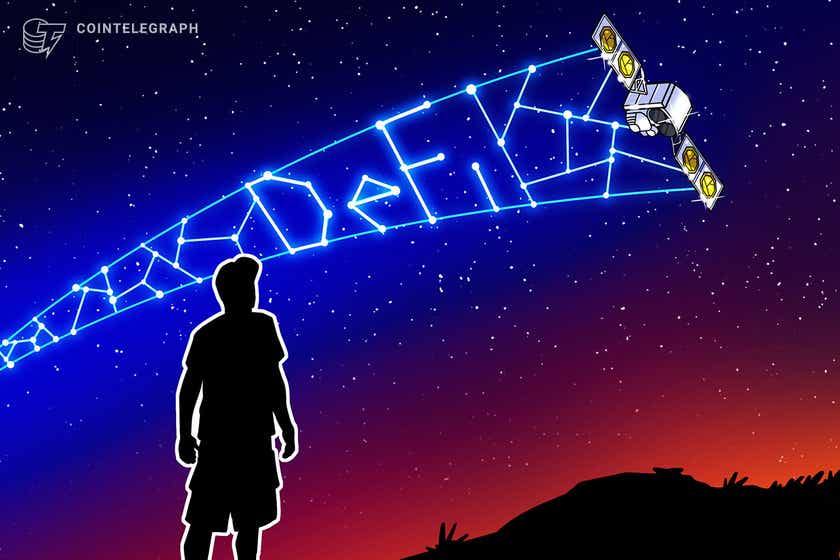DeFi may turn to DAO governance to reduce regulatory risks in 2022: Report

“If DeFi aims to reduce regulatory risk, the form of DeFi governance will gradually become a DAO,” writes KuCoin Labs in its annual report.
KuCoin Labs, the investment and research arm of crypto exchange KuCoin, has released its annual report, predictin that decentralized finance (DeFi) will still be a significant trend in the crypto industry in 2022 and governance will be run through decentralized autonomous organizations (DAOs).
With the DeFi ecosystem continuing to be plagued by criminal whales, the risks of financial loss within the sector are becoming more apparent. Because of this, calls to regulate decentralized finance began taking flight in 2021, and the sector has started to face enforcement actions over the past year.
As regulators close in on DeFi, KuCoin Labs has predicted that the industry may turn to DAO governance to reduce regulatory risks:
“If DeFi aims to reduce regulatory risk, the form of DeFi governance will gradually become a DAO.”
According to KuCoin Labs, a DAO that puts community interest first can carry out “true governance decentralization.” This is why the exchange has forecasted that the industry will see a shift in DeFi governance being coordinated using different mechanisms.
KuCoin Labs also suggested that the fundamental operational principles of DAOs are reasonable enough to be employed as foundations for the creation of legal entities. While the industry may not witness a DAO expansion breakthrough in the coming year, the report notes that refining their mechanisms may set the stage for their adoption by companies and corporations as well.
Related: How should DeFi be regulated? A European approach to decentralization
Meanwhile, blockchain-based protocol Syndicate recently announced that 450 new DAOs were created within its platform in a span of three weeks. It claims this accounts for 10% of all DAOs in existence.
Apart from this, the Marshall Islands recently recognized DAOs as legal entities, meaning that they can register and operate legally within the Pacific island nation’s jurisdiction. Collectively, this represents proof that the DAO governance structure is indeed starting to become more prevalent in the blockchain world.



